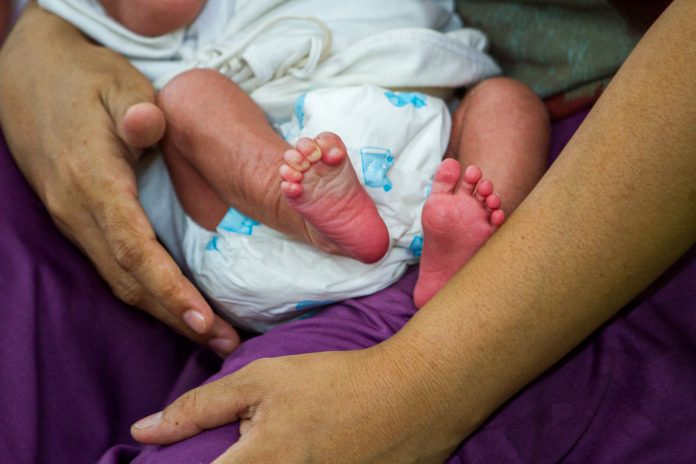Civil society groups in the Philippines issued an “urgent appeal” to government to act on pending measures in Congress that will address adolescent pregnancies in the country.
In a campaign dubbed No More Children Having Children, various groups staged an online-concert on September 11 to press for decisive action on adolescent reproductive health.
They urged legislators to support the passage of laws addressing teenage pregnancies and prohibiting child marriage in the country.
The groups allied with the Philippine Legislators’ Committee on Population and Development and the United Nations Population Fund pressed Congress to exercise its oversight powers, particularly on the implementation of the provision for the mandatory comprehensive sexuality education and the budget allocation for the implementation of Reproductive Health Law.
The Commission on Population and Development and the National Economic and Development Authority have repeatedly noted that adolescent pregnancy in the Philippines has become a “national emergency.”
Data from the 2017 National Demographic and Health Survey show that one in every 10 young women aged 15-19 years old in the country is already a mother or pregnant with her first child.
According to the Philippine Statistics Authority, 24 babies are born to teen mothers every hour. This means more than 500 per day or more than 200,000 babies delivered by teen mothers annually.
The 2017 NDHS also reveals that women 15-19 years old is the only age group that continues to register an increase in fertility rate, the lowest contraceptive prevalence rate, and the highest unmet need for family planning.
With the Reproductive Health Law barring access of minors to family planning without written parental consent and the non-implementation of the mandatory comprehensive sexuality education, the groups said young people are highly susceptible to various complications and consequences brought about by engaging in unprotected sex and other risky sexual behavior as well as by risks of sexual and gender-based violence.
Data from the civil registry also suggest that majority of adolescent pregnancies may be a result of exploitative relationship, sexual violence, child marriage, or a combination of these.
(Church and faith-based groups have repeatedly opposed the implementation of the mandatory sex education in schools and the use of artificial contraceptions for family planning.)
The Philippines ranks 12th globally in terms of absolute number of child marriages.
According to the 2017 NDHS, 15 percent of women aged 20 to 24 years were first married or in union by age 18. 2 percent of women aged 20-24 years were first married by age 15.
One out of six Filipino girls marry before 18. According to 2013 data from the PSA, marriages involving teenage brides account for 12.2 percent of all registered marriages in the Philippines.
Girls are disproportionately affected by the practice of child marriage. For every boy, four girls are married before they reach their 18th birthday. Up to 75 percent of child brides are married off to adult men.
With the COVID-19 pandemic that increases risks of unplanned pregnancy and violence against women and girls, UNFPA and the University of the Philippine Population Institute have estimated that there will be 18,000 more adolescent pregnancies resulting from the lockdowns and disrupted services.









